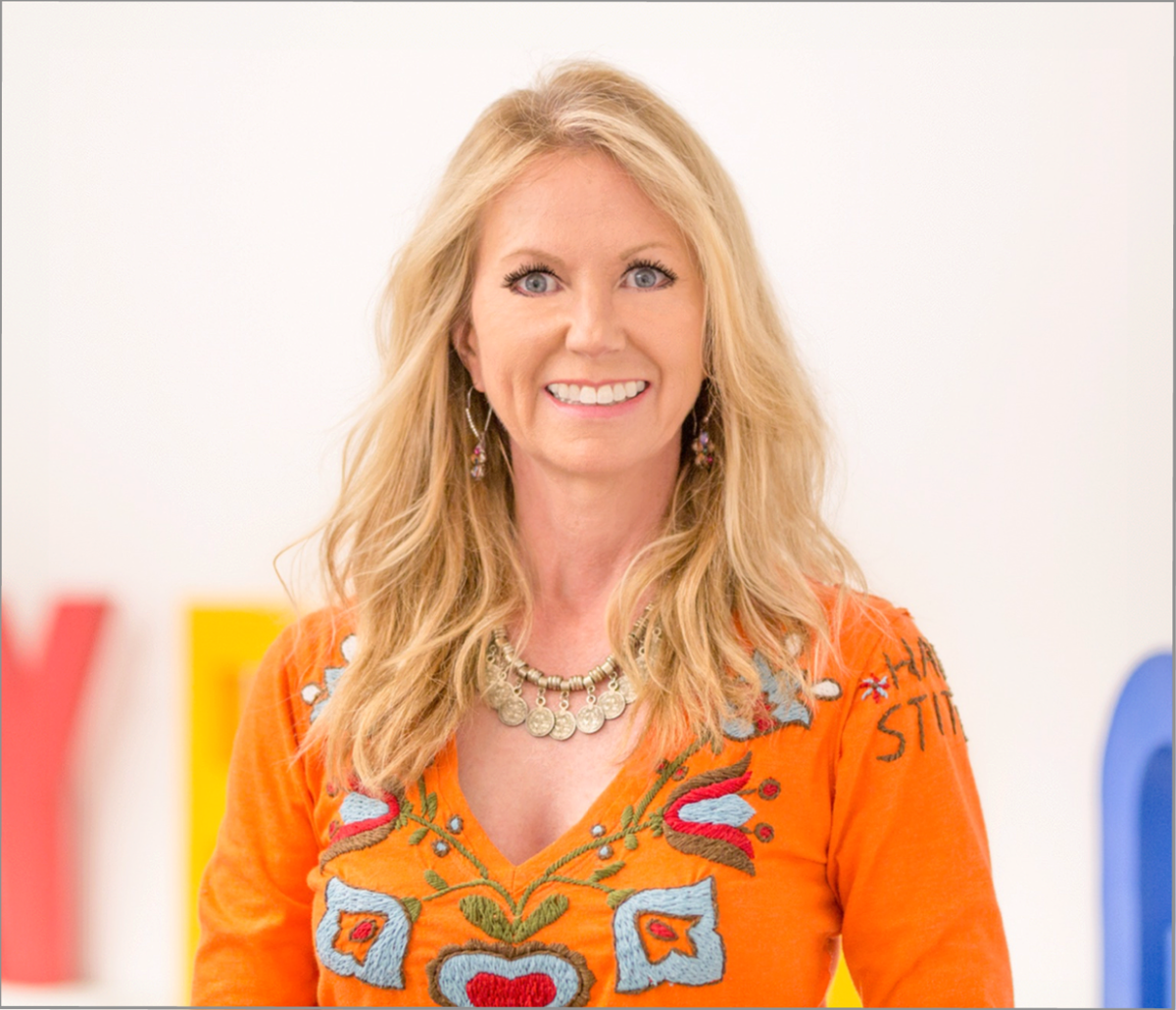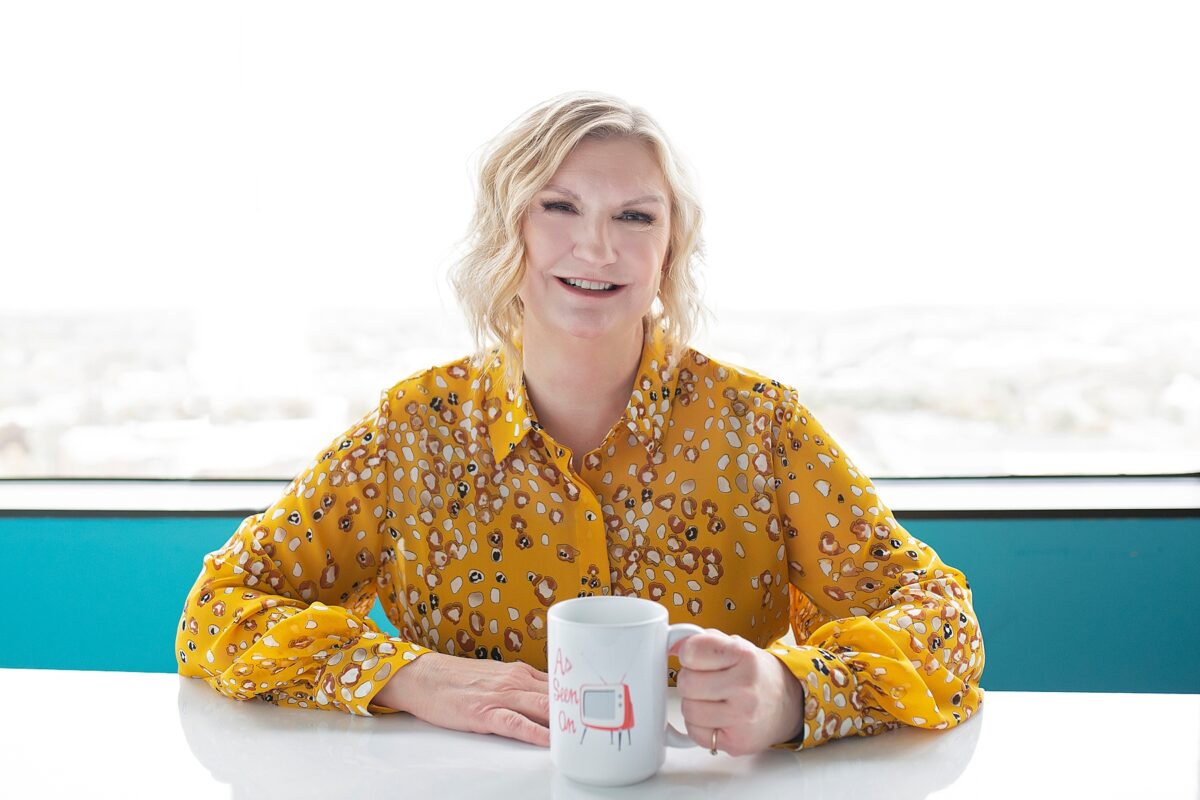A brand is considered to be one of a company’s most valuable assets and helps people instantly identify a company, product, or service. In addition, great branding helps ensure brand consistency so that a business is presented in a cohesive manner across all marketing channels and platforms. The primary goal of branding is to build trust, and credibility with customers and clients, which leads to brand loyalty.
“When business branding is done correctly, it will differentiate a company from the competition and connect emotionally with its customers so that a trusted relationship is formed that can stand the test of time,” according to Tammy Donnell, the founder of BRND Agency. She says there are three branding mistakes that can be the death of a business.
Mistake #1 – Failure to communicate the business’s origin story. Every business has an origin story and it is the foundation of a business that starts as a solution to a problem, an idea, a vision, or a new discovery. “Consider the origin story as a warm handshake, the kind of genuine handshake where the other person uses both hands, which creates a deep emotional connection with a person that becomes a friend for life,” Donnell advises, “People connect through stories since people buy from people. This origin story connects the business emotionally to its customers or clients and creates a loyal, trusting, long-term relationship.”
Mistake #2 – Failure to connect with authenticity. Every business has a set of values, a mission, and a message and if this is not communicated in the proper tone and with a unique selling proposition, the business will fail to connect with their ideal audience. Many businesses fail to share these authentic emotional connection points with customers and clients that are an important bridge that connects and creates community.
Mistake #3 – Failure to create a seamless brand consistency across all marketing channels and platforms. A well-crafted brand requires consistency in messaging and visuals starting with branding guidelines for websites, funnels, social media, and copywriting. Donnell says, “It’s like a well-tuned orchestra that requires each instrument to be played harmoniously and the continuity ensures that customers and clients not only recognize and identify a brand, but that they are happy to share it with their friends and family.”
Branding often seems overly complicated and it can be overwhelming for business owners. Tammy Donnell helps businesses of all sizes build their brand across every digital medium and expand their digital footprint with consistency and clarity in a way that seamlessly works together as a cohesive brand. She works with clients based in the U.S. and worldwide and you can connect with her at BRNDAgency.com to discuss business branding strategies.


